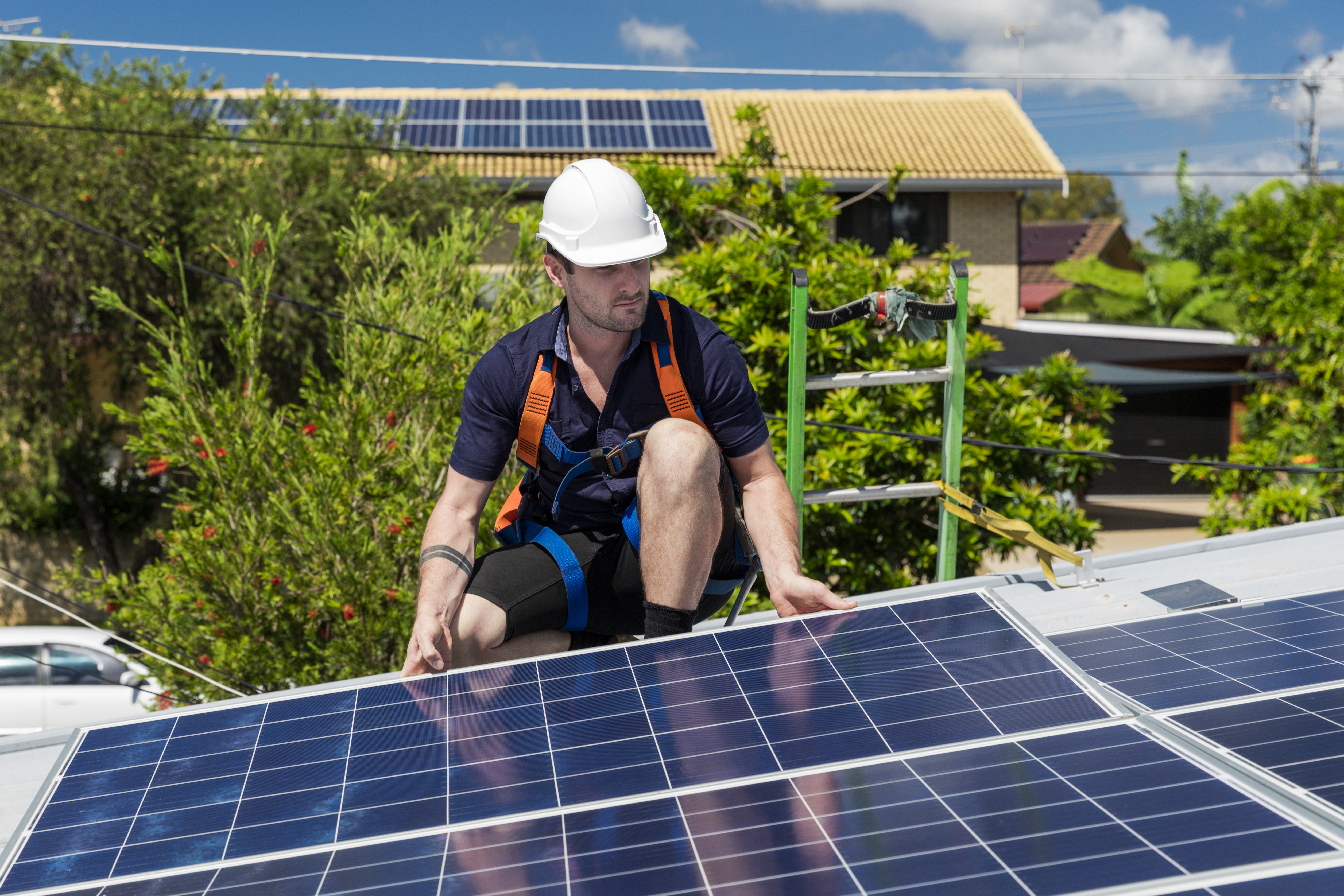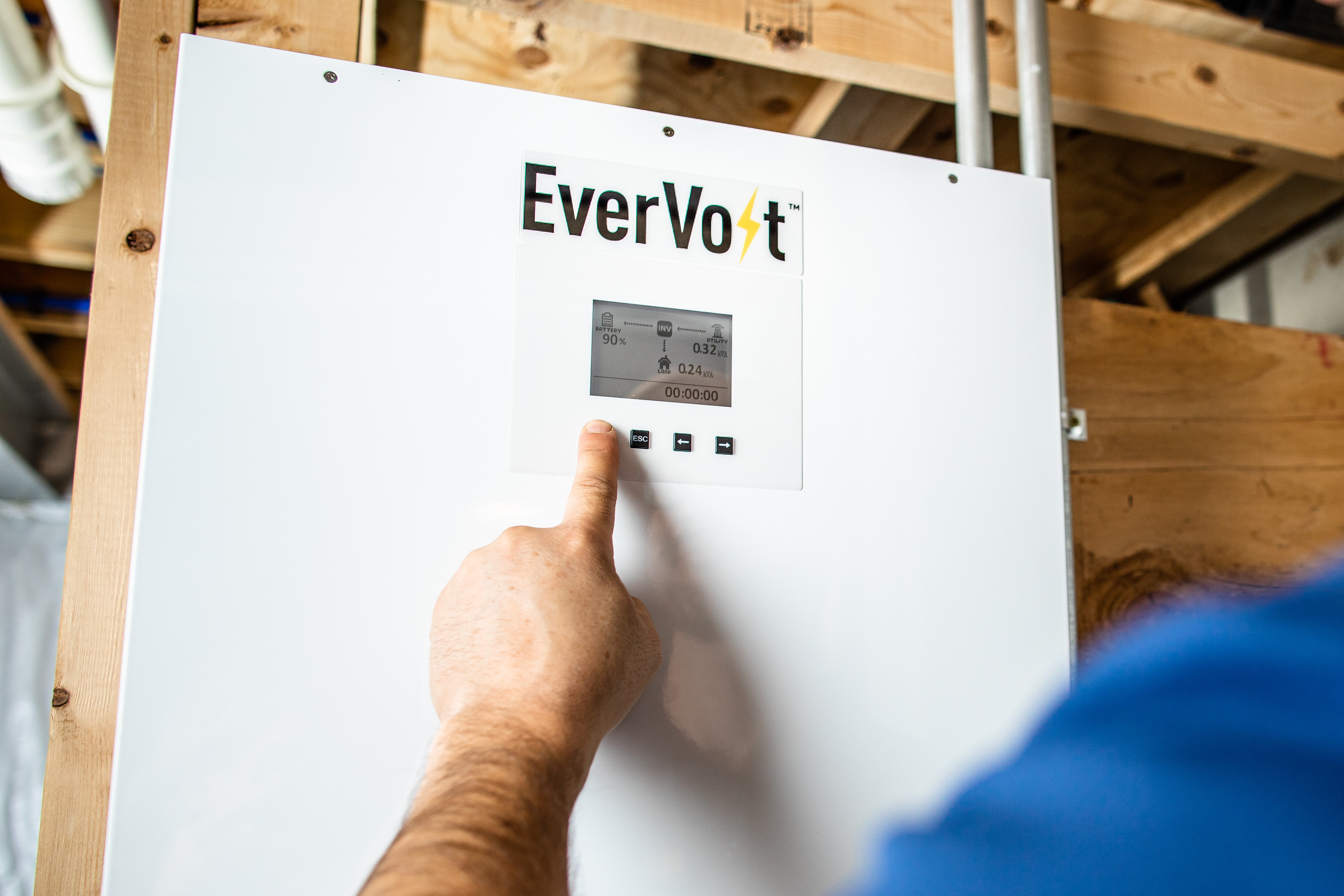The pandemic impacted nearly every aspect of work and life in 2020, and renewable energy was no exception. There was an initial slump in demand as the general economy ground to a halt in the early spring. Then, as social distancing recommendations forced more people to spend time in their house, the interest in solar power resumed.
Some homeowners rode the wave of home improvement upgrades, taking the chance to add solar power now that they had time to research their options. Others, particularly those in the California market, prioritized resiliency as they faced grid shortages or outages caused by wildfires or other natural disasters.
"The market ended up being very strong for solar and battery storage, and I think 2021 will be as good or even better," says Dan Glaser, Panasonic senior sales engineer. Glaser expects the demand for solar will continue, energy storage systems will become more common, and advances in technology will make panels more efficient.
Read on for Glaser's 2021 residential renewable energy prediction, and his outlook for the future of renewable energy in the U.S.
The demand for solar energy will continue
The solar demand has always been there, Glaser says, but the challenges of 2020 brought the benefits of renewable energy to the forefront. He notes that renewable energy continues to make sense in coastal regions, where utility costs are much higher than in other parts of the country. The impact of wildfires in the West also heightened interest in solar power, as homeowners looked to improve their energy resilience.
The extension of the federal solar tax credit through the end of 2022 will provide additional incentives for homeowners to switch to solar, keeping it at 26% in 2021 and 2022.
More homeowners will explore the benefits of battery storage
In the past, homeowners often started their renewable energy journey with a solar panel setup and approached energy storage as a potential second phase of the project. Now more brands are coming out with storage options, and more installers are offering it as part of the initial installation, Glaser says. He anticipates that home battery pricing will come down as the technology improves and competition increases.
Many homeowners like the idea of creating an energy system that provides power even if there's a grid outage. And Glaser says, sometimes the motivation is simple. "People want to use more of the power they're generating," he says.
Given that homeowners can utilize the tax deduction for battery storage expenses in addition to panel installation, he anticipates that the interest in battery storage will only rise.
Solar panels will become more efficient
The future of solar panels calls for increased efficiency. In the first quarter of this year, the company plans to release a new panel with a lower temperature coefficient than most others available on the market. That means that the panels can generate more power at a higher heat. This is important because the heat from the sun beating down on roofs can actually impede power production.
What's more, Glaser says that the new Panasonic EverVolt panels also maintain their capabilities over decades, providing 92% power production at the end of 25 years. "That speaks to the product's quality and durability," he says.
Consumers continue to learn more about the potential of solar
Solar power is still relatively new to most consumers, and there's still a lot of misinformation and confusion about what a home solar system can — and can't — do. For example, homeowners are often surprised to discover that their battery storage systems will usually only power critical devices or appliances and not the entire home.
To achieve the latter, you need a much larger and often expensive battery storage system than most homeowners want to purchase. Smart load control devices are helping homeowners better understand how much power they generate and how they use it. And the rise of interest in solar power generation is spurring consumers to research renewable energy and what's possible for their own homes. "That's a trend we're happy to see," Glaser says.
In terms of 2021 energy trends, homeowners will likely continue to explore and make the leap toward solar power. Dive into Panasonic's resources on the Green Living blog to ensure you're up-to-date on solar power trends—and make this the year you decide to go green. Learn how to make your home more resilient and earth-friendly with the EverVolt total home energy system.





